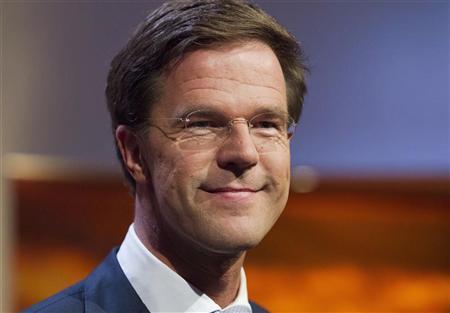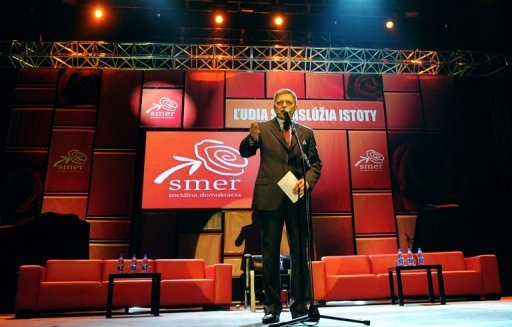
How to run TV debates in a multi-party system
Today, the people of the Netherlands vote for their provincial governments. On face value, the Dutch middle legislative tier has limited powers. However, the results of these elections will also determine the composition of the Eerste Kamer, the Netherlands’ legislative upper house. Elections are also simultaneously held for the Water Board, arguably the most important institution in the Netherlands given its responsibility for water levels, dyke planning and maintenance and other such responsibilities that keep the population’s feet dry. All in all, it’s an important day at the polls.
According to modern conventions, important elections require a TV debate between party leaders, but this is easier said than done in a political system where eleven parties (plus an assortment of regional parties and independents) are represented in the political system. The Dutch have arrived at an innovative solution, running a series of one-on-one mini debates featuring two party leaders at a time.
Last night’s ‘TV debate’ featured nine debates in total, each discussing a different topic, and each lasting a little less than ten minutes. The leaders of the six ‘main’ parties (VVD, PvdA, CDA, D66, SP and PVV) each had two opportunities to debate, while the leaders of the six ‘small’ parties (Green Left, Christian Union, 50+, Party for the Animals, Reformed Political Party and Independents) each had the chance to debate once. Topics debated ranged from energy policy to health insurance.

Slovakia’s election: another majority government from a proportional electoral system
On Saturday 10th March 2012, Slovakia joined the small but growing club of European countries that elected a majority government despite using a proportional representation system. The centre-left Smer party, led by Robert Fico, won 86 out of 150 seats with 44.9% of the vote. Although it was predicted that Smer would win the election, even Fico himself was surprised by the scale of the result. Since the eurozone crisis started to bite, strong anti-incumbency sentiments have regularly produced extreme results. In Hungary, Fidesz won more than a two-thirds majority in parliament in 2010 with 68% of the popular vote. In Scotland, a proportional electoral system unexpectedly produced a majority government in 2011, when the Scottish Nationalist Party (SNP) won 69 out of 129 seats with 45% of …









